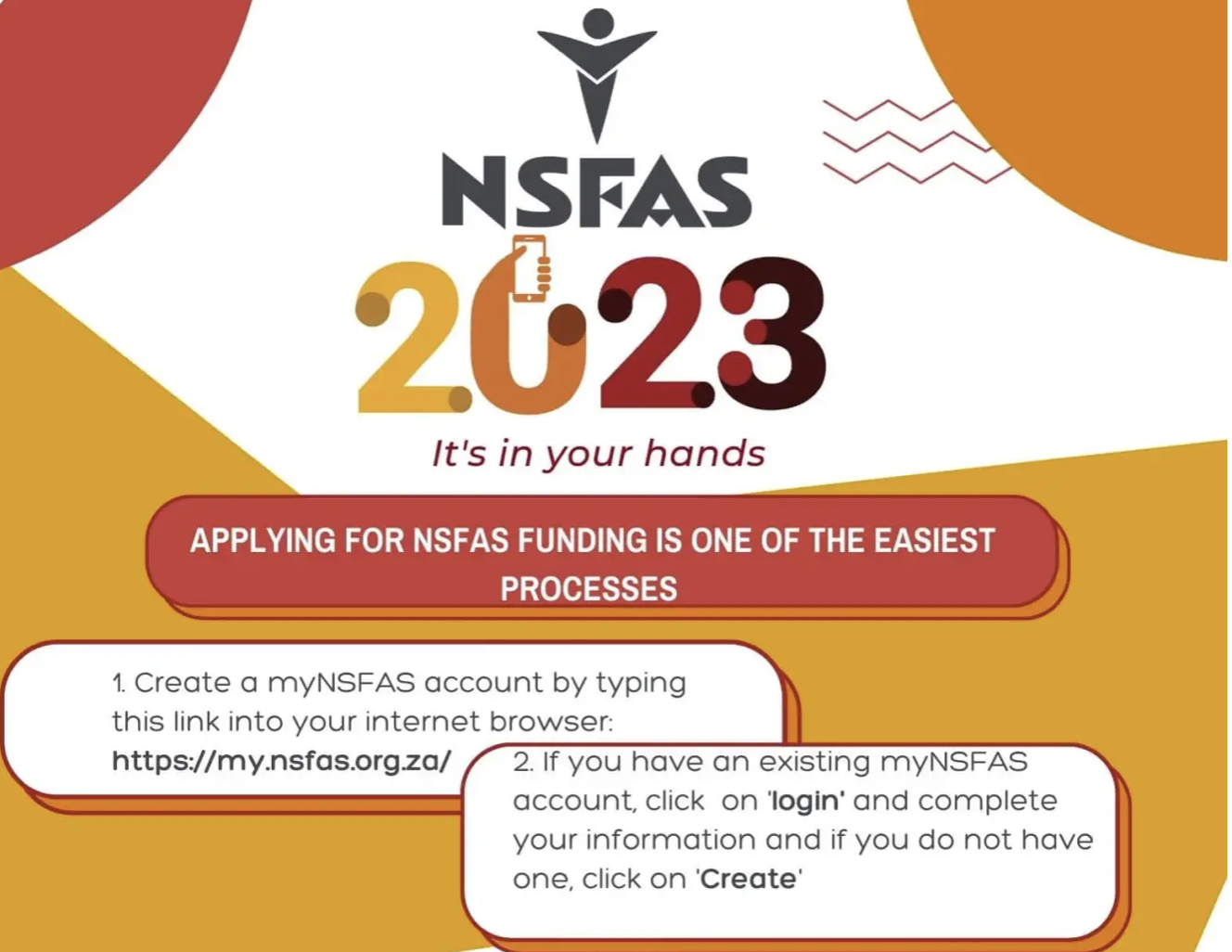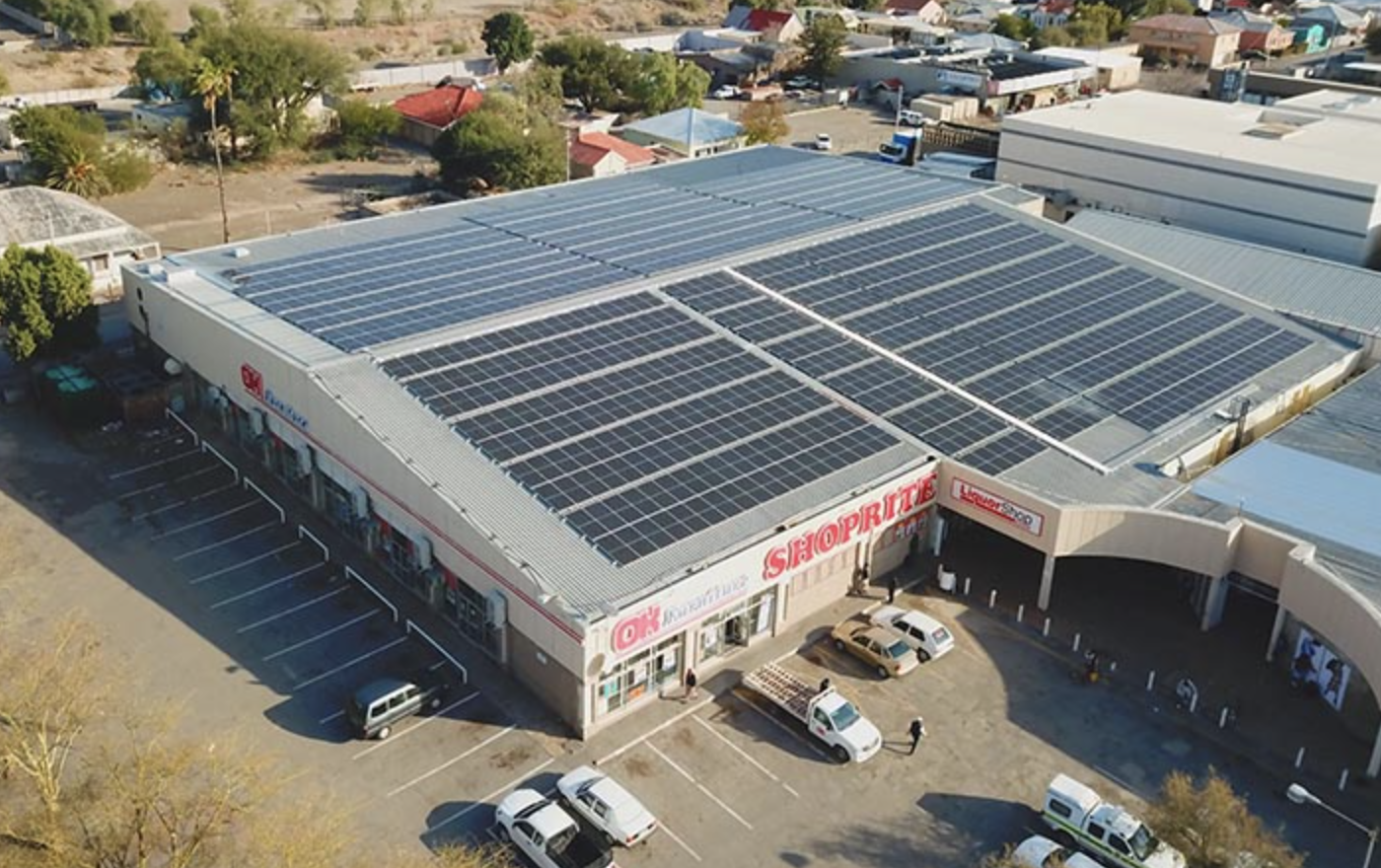Overview of NSFAS 2023 and its changes from previous years

The National Student Financial Aid Scheme (NSFAS) has been a critical contributor to the education of South African students for many years. NSFAS 2023 aims to further support students by providing financial assistance to those who require it. NSFAS has made several changes this year, which they hope will benefit more students than ever before.
Changes include increased funding available for living expenses and several new eligibility criteria that could make it easier for more students to access financing. Additionally, NSFAS 2023 allows institutions to manage their student grant applications instead of going through the central NSFAS system. This should help reduce the time taken to process applications and make them more accessible.
How to apply for the NSFAS 2023 funding?
Detailed Procedure for Applying for NSFAS 2023 Funding
- Ensure you meet the eligibility criteria for NSFAS funding. To qualify, you must be a South African citizen or permanent resident and be enrolled at a public tertiary institution or university in South Africa. You must also not earn more than R350 000 from your parents/guardians combined.
- Gather all necessary documents required for the application process, including a valid ID (such as an id or birth certificate, passport, or driver’s license), proof of residence, and evidence of combined household income (if applicable).
- Visit the NSFAS website to start your application process by registering with a valid email address and creating a password. Alternatively, you can download the myNSFAS App on your mobile device and register there instead.
- Complete the online NSFAS Application Form with all relevant information, such as contact details, financial information, and academic records. Double-check each section before submitting it to avoid any errors or omissions that could delay your application process.
- Submit all required supporting documents through the myNSFAS portal or by visiting an accredited NSFAS office where available. If submitting documents online, ensure they are appropriately scanned and are clear enough to read quickly by administrators at NSFAS offices.
- Keep track of your application status via the myNSFAS portal by logging into your account periodically to check if it has been approved or denied yet and what steps still need to be taken if approved (such as signing loan agreements).
- If approved for NSFAS funding, sign the loan agreement with NSFAS before tuition fees can be paid to eligible institutions or universities for students to access their learning material and other resources related to their coursework/degree program being studied at that particular institution or university.
- Once everything is settled, monitor your student loan status periodically by checking on payments made against it using the myNSFSA portal or App on your mobile device so that you are always aware of how much is left owing on it without any surprises when it comes time to repay it in full after completion of studies/program being undertaken at that institution or university attended with support from NSFA grants received during those years spent there studying.
Tips on how to make sure your application is successful
Precise and Accurate Information:
To make sure your NSFAS application is successful, here are a few tips to keep in mind:
When submitting your NSFAS 2023 application, provide all the necessary information accurately and clearly. Double-check each section before submitting it to avoid any errors or omissions that could delay your application process. Ensure that the documents you submit are scanned properly and clear enough to be scanned by administrators at NSFAS offices. This will help ensure that your application is processed promptly and that you have the best chance of being approved for funding.
Meet Eligibility Criteria:
To qualify for NSFAS 2023 funding, you must be a South African citizen or permanent resident, be enrolled at a public tertiary institution or university in South Africa, and not earn more than R350 000 from your parents/guardians combined. Therefore, if you don’t meet these criteria, addressing any issues beforehand is essential to maximise your chances of receiving funding from NSFAS 2023.
Keep Track of Your NFAS Application Status:
Once your NSFAS application has been submitted, it’s essential to keep track of its progress and status regularly via the myNSFAS portal or App on your mobile device by logging into your account periodically to check if it has been approved or denied yet and what steps still need to be taken if approved (such as signing loan agreements). This will help ensure that you are always aware of where you stand about the status of your application without having any surprises when it comes time to repay your loan after completion of studies/program being undertaken at that institution or university attended with support from NSFA grants received during those years spent there studying.
Follow-up With Institution / University:
Once you have been approved for NSFAS 2023 funding, it is essential to follow up with the institution/university where you’re planning on studying before tuition fees can be paid out for students to access their learning material and other resources related to their coursework/degree program being looked at that particular institution or university. This will help ensure that everything is in order so that you can access the funds needed for tuition fees when they become available through NSFAS 2023 funding scheme as quickly as possible.
Stick To Repayment Schedule Once You Have Graduated:
Once you have completed your studies/program and graduated from a public institution or university, it is essential to make sure that you stick to the repayment schedule set out by NSFAS so that you can clear your loan in full as quickly as possible. This will help reduce any additional interest costs and also ensure that you are able to access funds for further education should you so desire in the future.
The NSFAS 2023 application process can be challenging, and it is essential to understand the criteria and eligibility requirements before submitting your application. It is also vital to keep track
of your application status and follow up with the institution/university where you plan to study so tuition fees can be paid out quickly. Finally, please stick to the repayment schedule once you have graduated so as not to incur additional interest charges or delay access to funds for further education should you choose to pursue it. Considering all these steps will help ensure that your NSFAS 2023 funding experience will be positive.
FAQs:
What is NSFAS 2023?
NSFAS bursary is a scheme administered by the Department of Social Development and funded through taxpayers’ money for South African citizens or permanent residents to study at public universities in the country.
How do I check my NSFAS Application Status for 2023?
To check nsfas application status via the myNSFAS portal or App on your mobile device, log into your account with your cellphone number and review all the relevant information about it as they become available throughout the entire process from submission to approval/denial stage.
Is NSFAS increasing the allowance for 2023?
There has yet to be confirmed whether NSFAS will increase the allowance for students in 2023. However, it is widely speculated that the allowance might be raised, as this has been done in previous years. We will have to wait until closer to the time to find out. In any case, it is advisable to start saving early if you want to benefit from a rise in the allowance!
What do I need to apply for NSFAS 2023?
To apply for NSFAS funding in 2023, you will need to meet the following eligibility criteria:
- You must be a South African citizen or a permanent resident
- Your parents or guardians’ combined annual income must not exceed R350 000
- You must be registered at an accredited South African university or technikon.
You can complete the online application form on the NSFAS website if you meet these criteria.




